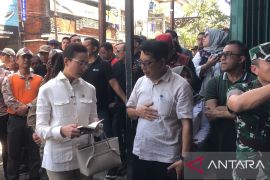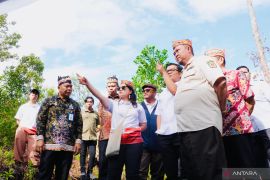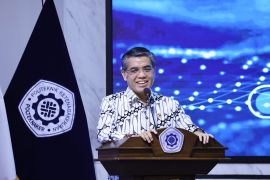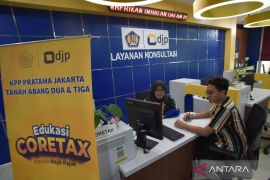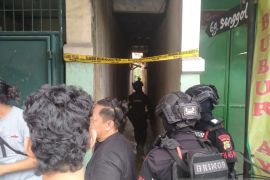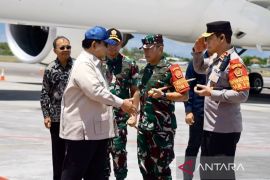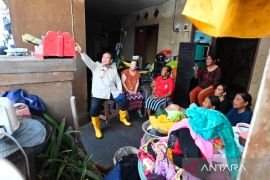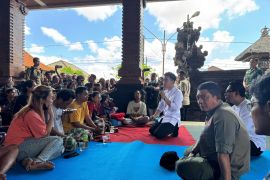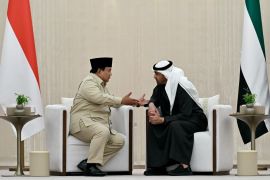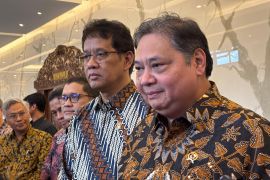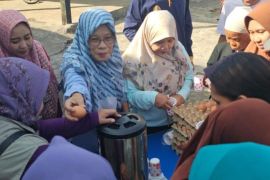"We want to divert subsidy for fuel to subsidies for fertilizers, seeds, infrastructure and irrigation for the benefit of farmers," the president stated.Jakarta (ANTARA News) - Energy subsidy amounting to some Rp330 trillion, which burdens the state budget, will be diverted from this consumptive subsidy to productive subsidies as part of measures to improve productive efforts, President Joko "Jokowi" Widodo said.
"We want to divert subsidy for fuel to subsidies for fertilizers, seeds, infrastructure and irrigation for the benefit of farmers," the president stated while opening a national coordination meeting of his working cabinet here on Tuesday.
He added that he aimed to achieve self-sufficiency (in rice) within three years and to develop five to seven dams annually.
Fuel subsidy should also be diverted to purchasing ship-related machinery and cold storage units for fish for fishermen, and to activities related to infrastructural development and others productive projects.
Jokowi explained that in the last five years, the value of fuel subsidy recorded was Rp14.5 trillion. "We burn it (fuel) and it (funding) disappears in five years," he remarked.
Moreover, subsidies for health and infrastructure totaled only Rp202.6 trillion and Rp577.9 trillion, respectively.
"This needs to change," he noted, claiming that improving investment in the sectors of health and infrastructure was a key economic challenge for his government.
Besides explaining the diversion of fuel oil subsidy, the president also reminded officials of regional government of the need to be cautious while granting licenses to investors to exploit natural resources.
What Indonesia needs is investors in the infrastructure sector, whereas exploitation of natural resources is designed to boost peoples prosperity, Jokowi affirmed.
"The only way to speed up development is through investment, but we should be selective while providing licenses to foreign investors. However, issuing them is acceptable when they are required for the infrastructure sector" he said.(*)
Editor: Heru Purwanto
Copyright © ANTARA 2014
